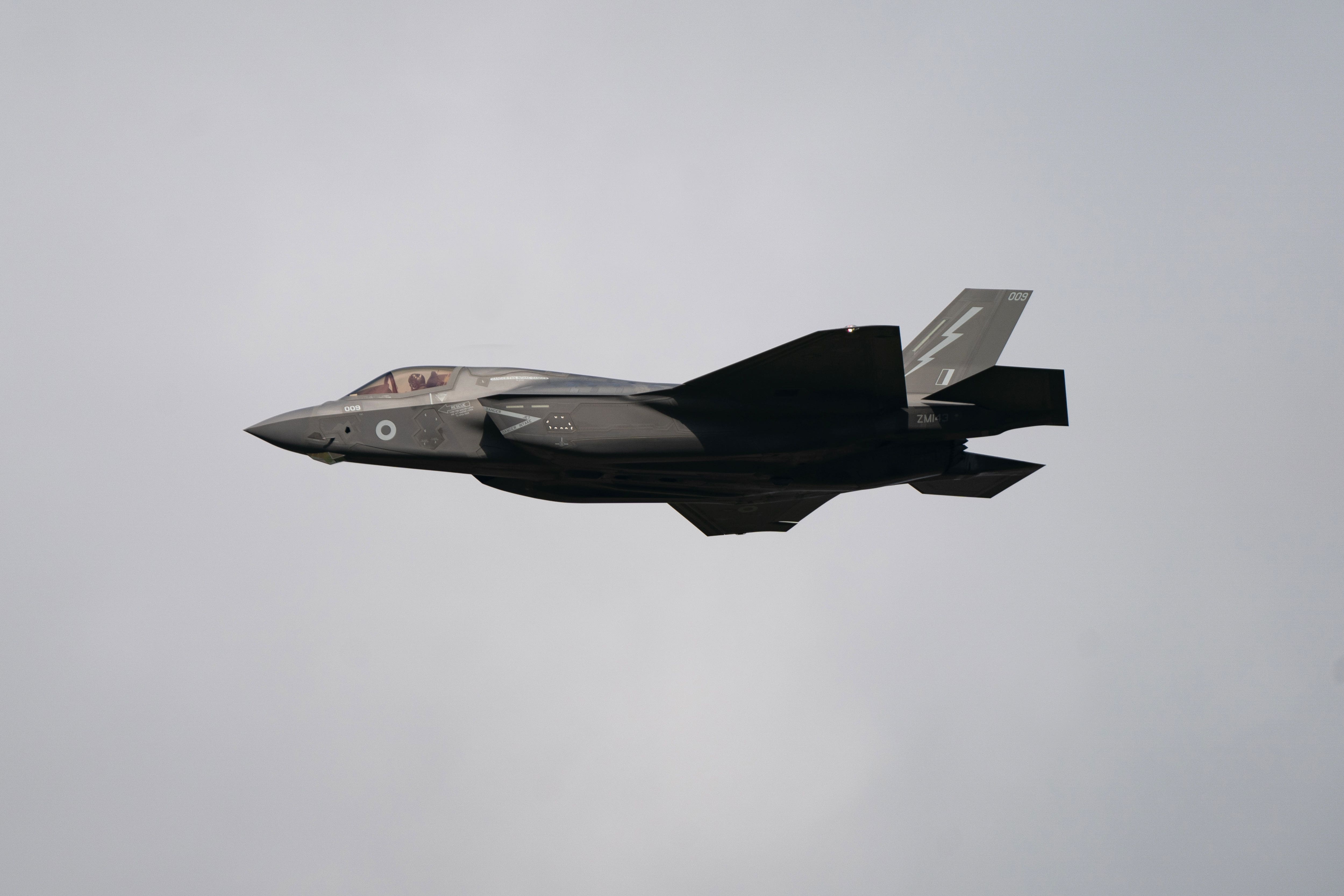Labour MP suggests spending money on BBC World Service instead of fighter jets
In the Commons, Peter Prinsley, the MP for Bury St Edmunds and Stowmarket, described the BBC as a ‘vital UK soft power’.

Your support helps us to tell the story
From reproductive rights to climate change to Big Tech, The Independent is on the ground when the story is developing. Whether it's investigating the financials of Elon Musk's pro-Trump PAC or producing our latest documentary, 'The A Word', which shines a light on the American women fighting for reproductive rights, we know how important it is to parse out the facts from the messaging.
At such a critical moment in US history, we need reporters on the ground. Your donation allows us to keep sending journalists to speak to both sides of the story.
The Independent is trusted by Americans across the entire political spectrum. And unlike many other quality news outlets, we choose not to lock Americans out of our reporting and analysis with paywalls. We believe quality journalism should be available to everyone, paid for by those who can afford it.
Your support makes all the difference.A Labour MP has suggested that £100 million would be better spent on preserving the BBC World Service, as opposed to an F35 fighter jet.
In the Commons, Peter Prinsley described the BBC as a “vital UK soft power” as he urged the Government to acquire 73 jets instead of 74, to better fund the broadcaster.
Earlier this year, the previous Conservative government said it was in negotiations to increase the number of F35 fighter jets by 2033. Meanwhile, the Labour Government is currently conducting a strategic defence review (SDR).
The BBC World Service is vital UK soft power
During Foreign Office questions, the MP for Bury St Edmunds and Stowmarket said: “The BBC World Service is vital UK soft power. The contribution from the Foreign Office to the funding of this is about £100 million per year, about the cost of an F35 fighter jet.
“(The) UK has plans to acquire 74 of these fighter jets, would the minister agree with me that we might consider acquiring only 73 of these jets, if this was the price of preserving the BBC World Service?”
Foreign Office minister Hamish Falconer replied: “It’s £104 million that we provide to the BBC World Service, it’s very good value indeed. I will not seek to get into Budget negotiations in advance of the Budget, because I know better than that.”
Later in the session, shadow foreign secretary Andrew Mitchell also raised concerns around funding for the BBC World Service as he voiced his dismay at the cancellation of the programme HARDtalk.
He said: “Does she share my dismay that while the director general of the BBC professes the BBC presents a key source of democratic soft power, in the face of the spread of state and non-state disinformation they are now intending to cancel internationally-admire interview programme HARDtalk, which has a global reputation holding those in power to account?”
Foreign Office minister Anneliese Dodds replied: “Any editorial decisions on BBC content will be ones made by the BBC alone, that’s quite right and proper.
“But all I can say, is wherever I have been in the world, it is very clear quite how powerful the BBC is.
“A soft power perhaps, but a very important reflection of our values as a country of connection, deep connections between the people of Britain and other nations. We’re determined to ensure that that remains the case.”